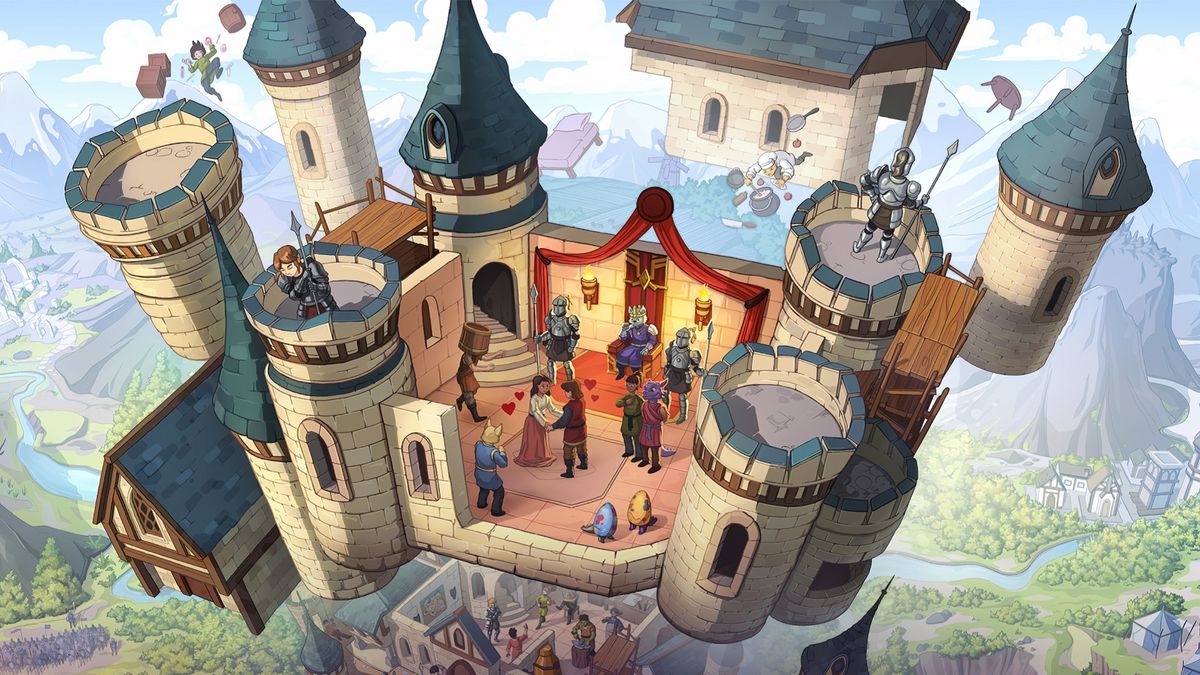12DOVE Verdict
The Elder Scrolls: Castles promises to put you in charge of your own castle and dynasty, and it certainly does, but managing your subjects, making rulings, crafting gear, and venturing outside to fight only to do all of the above again and again and again makes the new Elder Scrolls title lose its sheen sooner rather than later.
Pros
- +
Pokemon-like character breeding
- +
Active combat where decisions matter
- +
I mean, it's Elder Scrolls (sort of)
Cons
- -
There's no escaping the timers of it all
- -
Monetization methods are constantly promoted
- -
Eventually it's just Numbers Go Up
Why you can trust 12DOVE
The Elder Scrolls: Castles is, distilled to its essence, a resource management sim and settlement builder with a shiny Elder Scrolls veneer. All of the proper nouns you know and love from the popular Bethesda franchise are here, but scratching any deeper than the surface lays bare all of the bar graphs, timers, and levers for numbers to go up and down. Those mechanics are likely to enthrall a certain kind of beautiful mind and also turn anyone looking for more excitement away.

Welcome to Mobile Gaming Week 2024, where we explore what's hot, what's best, and what's next in the world of mobile gaming ahead of the Mobile Gaming Showcase.
The Elder Scrolls: Castles belongs to a subsection of timer-based role-playing games that I find absolutely irresistible to start and and infuriating to continue. On three separate occasions, I've begun new Fallout Shelter games on different platforms and devices only to find it compelling enough to spend money but never compelling enough to figure out how to sync my account. I inevitably curse my previous self, spend more money, and still don't bother figuring out how to make sure my account is linked. At some point, I just lose interest, never to return. And while I've yet to abandon Castles, I do see the end of my tenure on the horizon as I've already lost active interest in logging in daily.
Keep scrollin'
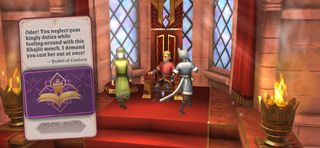
Release date: September 10, 2024
Platform(s): iOS, Android
Developer: Bethesda Game Studios
Publisher: Bethesda Softworks
Admittedly, Castles has much more going for it than Fallout Shelter. Combat is more active, for one, with a variety of weapons allowing for different skills. Breeding subjects like Pokemon seems much more involved, and the personal and political ramifications of rulings from the throne make for fascinating consequences. But it is still at its core about rushing to get things done only to wait for a whole bunch of timers to hit zero, which means players are encouraged to spend gems (and therefore likely money) in order to make it all happen that much faster.
- The Game of Thrones action RPG giving George R.R. Martin a run for his money on late releases is playable in Steam Next Fest, and I'm afraid it's not very good
- "Instant gratification in gaming has become a problem" – Kingdom Come: Deliverance 2 dev says the RPG is meant to feel like a spiritual successor to Oblivion and Morrowind
It doesn't help that the various ways in which it differentiates itself from competitors feel largely toothless. Rulings from the throne can cost significant resources, impact happiness, and generally cause big swings in one direction or another. But this is undercut by the ability to simply wait to make a ruling until you have resources to collect. For example, suddenly the lack of food causing happiness to drop because you threw a feast is no longer an issue because you've immediately collected more. And despite borrowing aesthetically from Reigns' choices, only once or twice did my decision feel meaningful in any significant way, and even one of those – an accidental skeever infestation – was still cleared up by quickly pushing rush orders through elsewhere.
Everything else is fairly standard for the genre. You need to make food so people can eat, you need oil to light everything, and you need material to build more stations for more materials where people who are happy and wearing the right equipment can work, and the better they are at that job and the happier they are the more productive they'll be, and… you get the idea. Not to belabor the point, but it's progress bars all the way down, and at some point you hit an opposite Matrix moment: instead of seeing the charming art and castle layout, the cold hard code is immediately apparent.
There are some beautifully silly aspects to Castles that do genuinely endear fondness. The game allows for illegitimate children, with characters able to have both a spouse and a lover, and my ruler has sown his fair share of wild oats over the years. I can't speak to what sort of impact this might have on succession – my king is going strong – but I do sometimes worry about what his 10 (and counting) children will do after he passes. More immediately, my ruler's wife was quite upset to learn about the impropriety, though I'm unclear whether that was by chance or scripted behavior. Whatever the case, a few hours of playing the harp cheered her right up, and every bastard since then has yet to incur similar wrath.
The kindest thing I can say about The Elder Scrolls: Castles is that it's a perfectly adequate waste of time. It works! It does what it says on the tin and has moments here and there that are amusing. It's technically free, but every aspect of it seems designed to make you want to spend a little cash here and there just to make digital life easier. But if you're looking for something to scratch a particular Numbers Go Up itch, or if you're desperate for a new Elder Scrolls game, there are certainly worse options available. Far be it from me to shame someone for what they do during their time on the toilet, but it is hard to recommend under any other scenario.
The Elder Scrolls: Castles was reviewed on an iPad mini.

Rollin is the US Managing Editor at 12DOVE. With over 16 years of online journalism experience, Rollin has helped provide coverage of gaming and entertainment for brands like IGN, Inverse, ComicBook.com, and more. While he has approximate knowledge of many things, his work often has a focus on RPGs and animation in addition to franchises like Pokemon and Dragon Age. In his spare time, Rollin likes to import Valkyria Chronicles merch and watch anime.

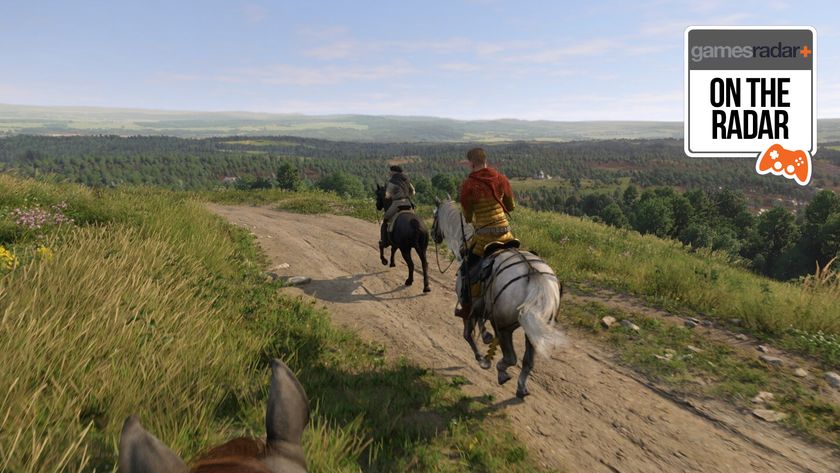
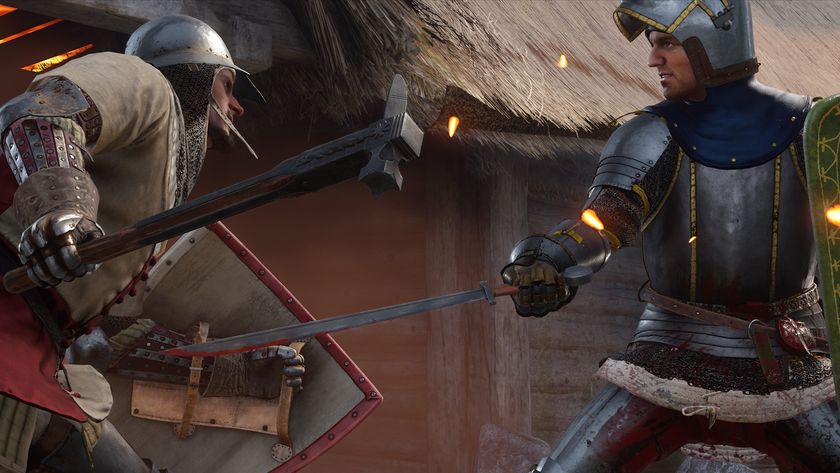
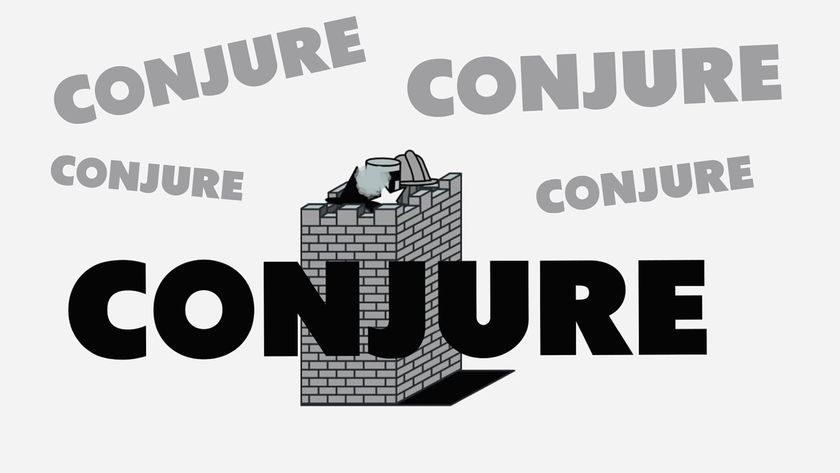


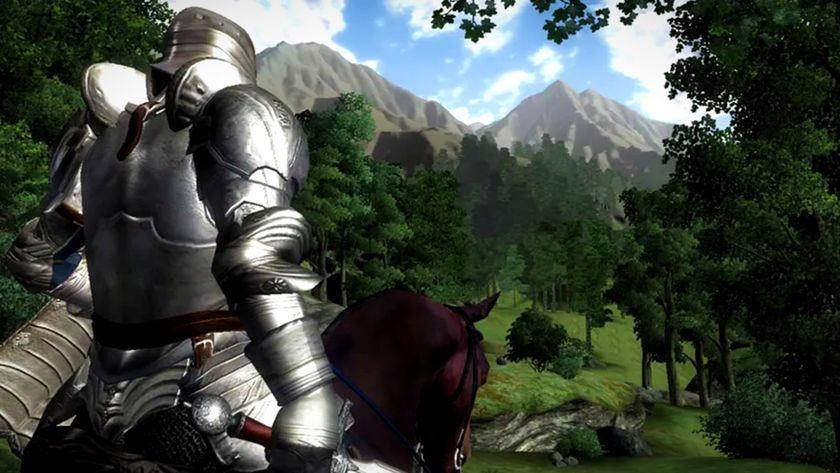


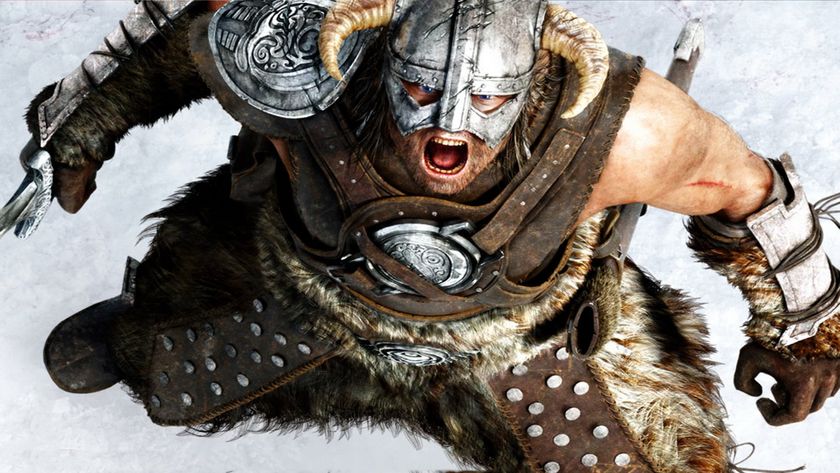

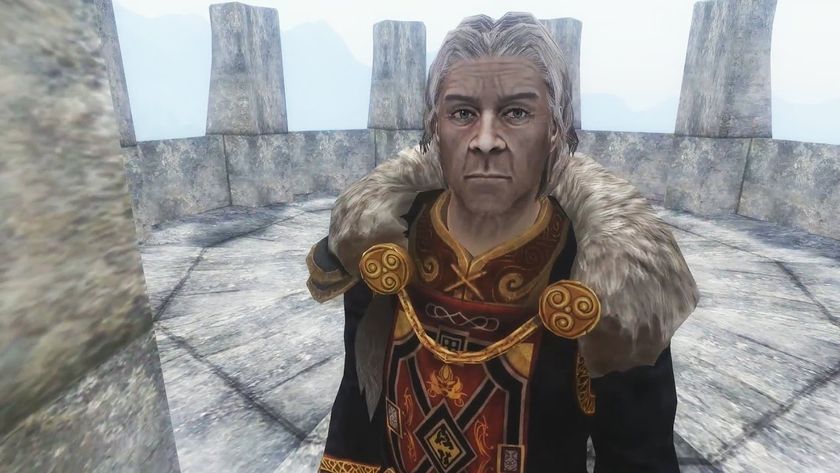







While Bethesda celebrates The Elder Scrolls 4: Oblivion's 19th birthday with a "Happy Anniversary" post, fans of the RPG had more in mind: "It would be perfect to... announce something"

"Even if The Elder Scrolls 6 is great," Skyrim veteran thinks Bethesda developers will face harassment and "death threats" anyway
